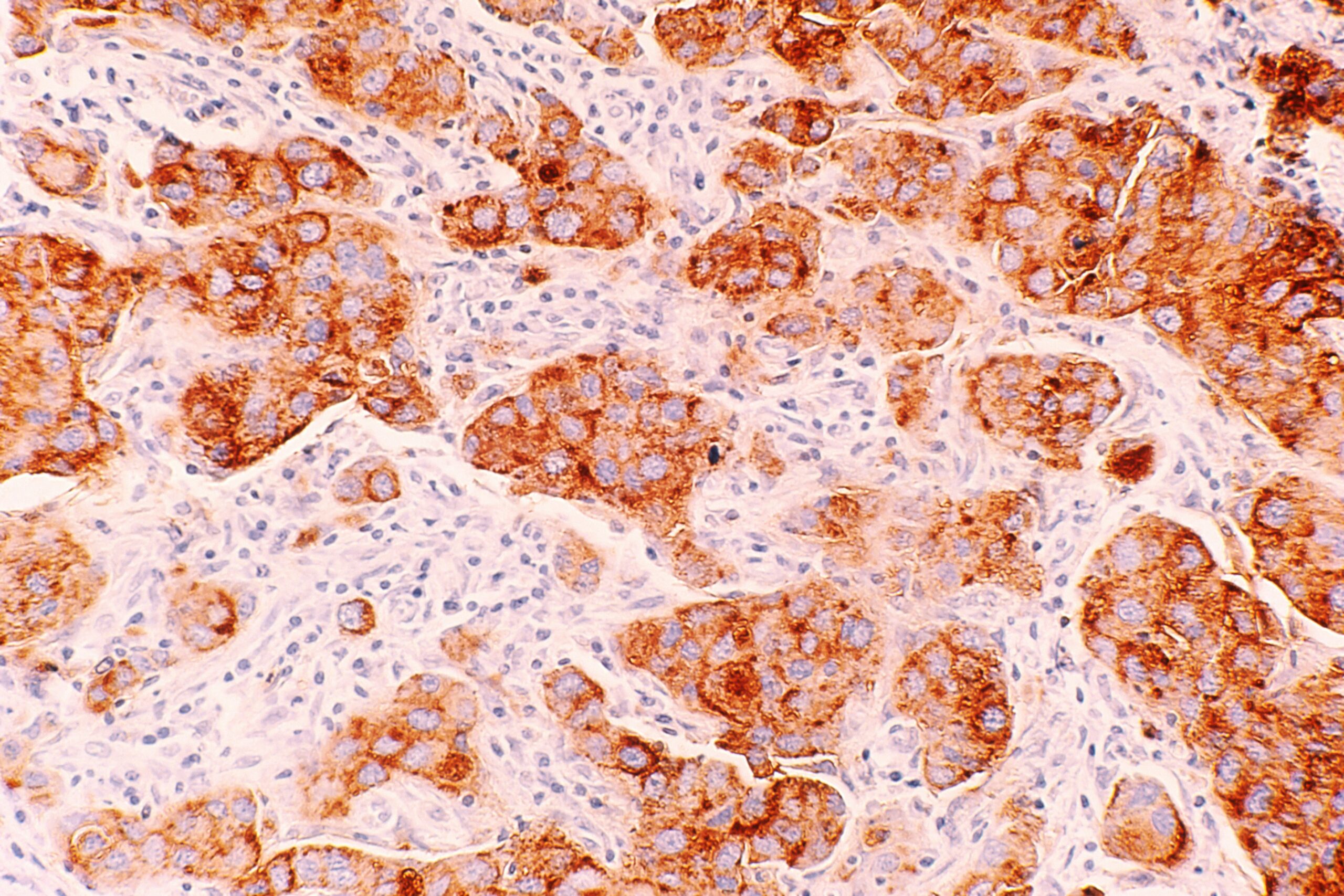Categories
Category: Heart Markers
Heart Markers
Heart markers, also known as cardiac markers or biomarkers, are substances that are measured in the blood to assess heart health and diagnose or monitor heart-related conditions. These markers are typically released into the bloodstream when there is damage or stress on the heart muscle.
Showing all 4 results
-
Heart Markers
HS CRP Rapid Test
Price requestThe high-sensitivity C-reactive protein (hs-CRP) test is a commercially available blood test used to measure the levels of C-reactive protein in the bloodstream. This test is highly sensitive and can detect even low levels of CRP, which is a marker of inflammation in the body. It is often used to assess an individual’s risk of cardiovascular disease and to monitor chronic inflammatory conditions. Commercially, this test is offered by various diagnostic laboratories and healthcare providers and is an essential tool for assessing an individual’s risk of heart disease and guiding preventive measures.
-
Heart Markers
CK-MB Rapid Test
Price requestThe CK-MB test, or Creatine Kinase-MB test, is a commercially available diagnostic blood test used to measure the levels of a specific enzyme called creatine kinase-MB in the bloodstream. This test is primarily used to assess and diagnose heart muscle damage, such as during a heart attack.
Elevated CK-MB levels in the blood can indicate myocardial injury, as this enzyme is primarily found in the heart muscle. It is an important tool for healthcare professionals to help confirm or rule out acute coronary syndrome and other cardiac conditions.
-
Heart Markers
BNP Rapid Test
Price requestThe B-type natriuretic peptide (BNP) test is a blood test used to measure the levels of BNP in the bloodstream. BNP is a hormone released by the heart in response to increased pressure or stress, often associated with heart failure. This test is used to diagnose and monitor heart failure and other cardiac conditions. It allows to assess cardiac function, guide treatment, and monitor the effectiveness of heart failure therapy. Elevated BNP levels can indicate heart problems and help physicians make informed decisions about patient care.

 Drug Test
Drug Test Heart Markers
Heart Markers Hormone Tests
Hormone Tests Medical Tests
Medical Tests Microbiology
Microbiology Parasite Infection
Parasite Infection Proteins and Inflammatory Markers
Proteins and Inflammatory Markers Tumor Marker
Tumor Marker Viruses
Viruses


